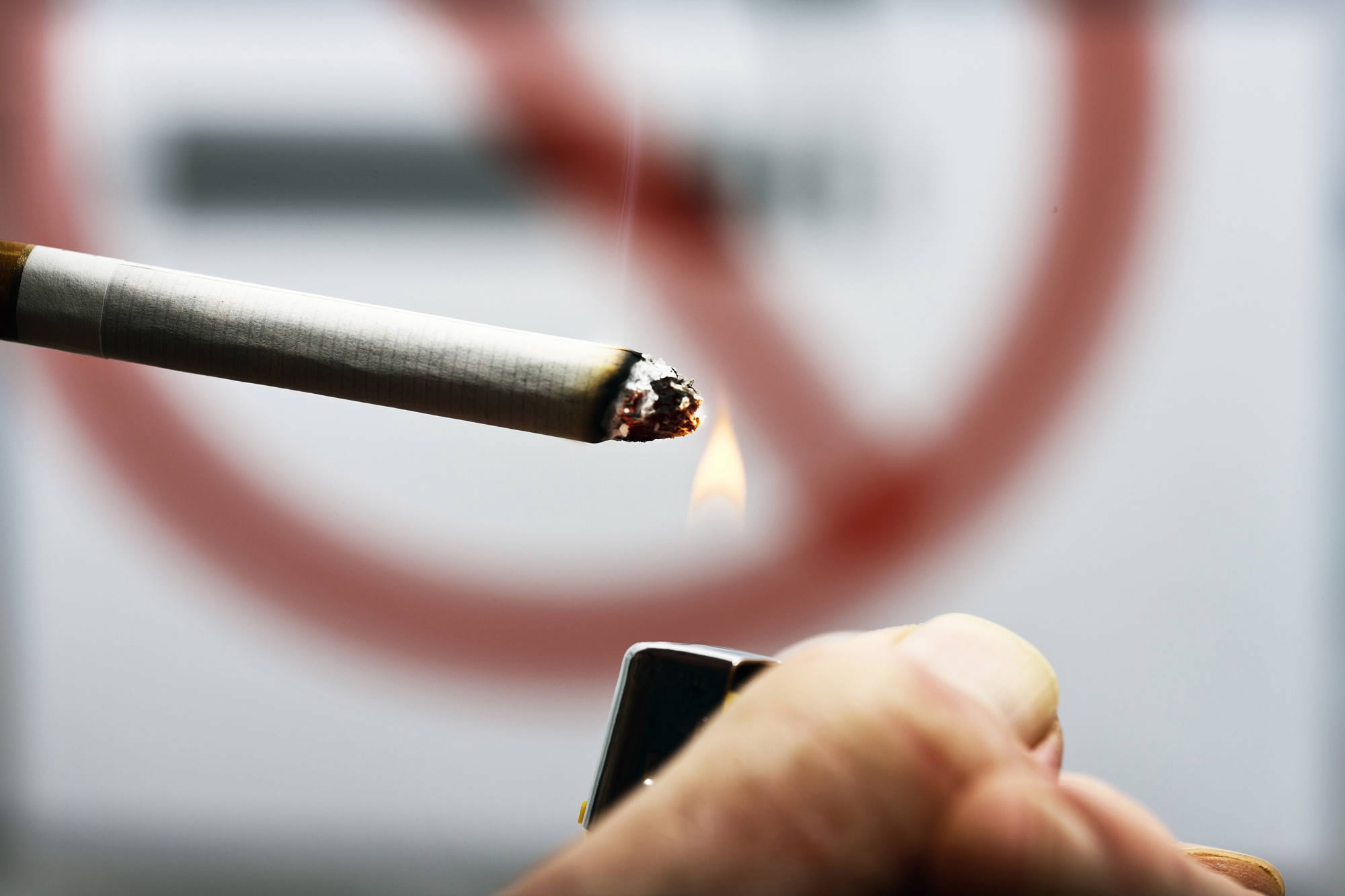The percentage of men and women who use tobacco every day has dropped in most nations since 1990, but the total number of smokers and tobacco-related deaths has increased, a consortium of researchers reported on Thursday.
Mortality could rise even further as major tobacco companies aggressively target new markets, especially in the developing world, they warned in a report, published in the medical journal The Lancet.
One in four men and one in 20 women smoked daily in 2015, according to the Global Burden of Diseases report, compiled by hundreds of scientists. That was a significant drop compared to 25 years earlier, when one in three men, and one in 12 women, lit up every day.

One in four men and one in 20 women smoked daily in 2015, according to the Global Burden of Diseases report. /VCG Photo
However, the number of deaths attributed to tobacco - which topped 6.4 million in 2015 - went up by 4.7 percent over the same period due to the expanding world population, the report found. More than 930 million people smoked daily in 2015, compared to 870 million in 1990 - a seven percent jump.
Smoking causes one in ten deaths worldwide, half of them in just four countries: China, India, the United States and Russia. Together with Indonesia, Bangladesh, the Philippines, Japan, Brazil, and Germany, they account for fully two-thirds of global tobacco use.

"No Smoking" signs do not read well with many smokers around the world. /VCG Photo
"Smoking remains the second largest risk factor for early death and disability" after high blood pressure, said senior author Emmanuela Gakidou from the Institute for Health Metrics and Evaluation at the University of Washington, in the US northwest.
"The modern tobacco industry profits from enslaving children and young people in poor countries into a lifelong addiction, and ultimately taking their lives for profit," John Britton from the University of Nottingham's UK Centre for Tobacco and Alcohol Studies said.
Some countries have seen sharp reductions in smoking driven by some combination of higher taxes, education campaigns, package warnings and programs to help people kick the nicotine habit.
(Source: AFP)









